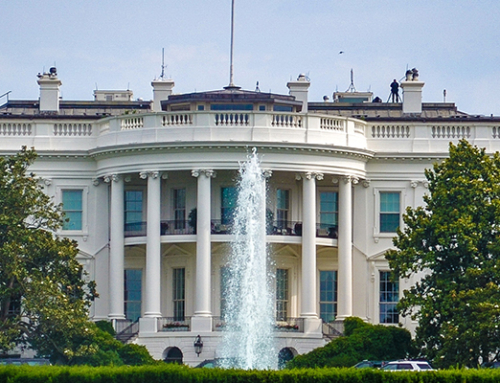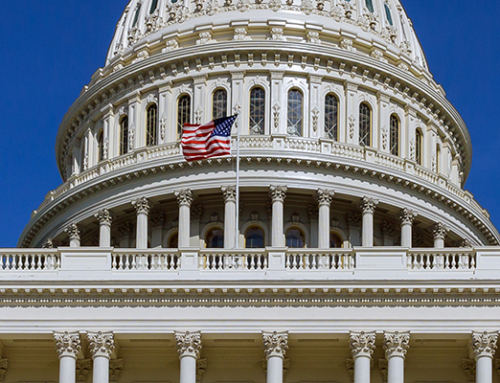The final DOL regulations defining the circumstances under which UI applicants may be tested for controlled substances as a condition of being paid unemployment were released today. See https://www.gpo.gov/fdsys/pkg/FR-2016-08-01/pdf/2016-17738.pdf .
The final regulations continue a very narrow interpretation of an already narrow statutory provision describing the circumstances under which a state may perform drug tests.
The final rules do revise the initial interpretation in response to comments (including comments from UWC). The Department agrees that the rule should not limit the list of occupations requiring drug testing to those identified in specified Federal laws or those State laws that were in effect on the date of publication of the Notice of Proposed Rule Making. The regulation has been expanded to encompass any Federal or State law requiring drug testing regardless of when enacted. This will assist states interested in implementing drug testing in expanding the occupations for which drug tests may be conducted by the agency if the state enacts new law to identify the occupations.
DOL chose to maintain its initial position that the state agency drug testing may be conducted only while the individual is an applicant to establish benefit rights and has not yet filed a continued weekly claim for unemployment compensation. This interpretation misses the intent of congress that individuals who have drug problems may not be able to work or available to work to qualify to be paid unemployment compensation. Claimants may benefit from appropriate referral to assist them in becoming job ready. DOL notes that there was no congressional intent that differed from its interpretation even though members of the House Ways and Means committee specifically wrote to reinforce the intent that the drug testing provisions be broadly interpreted (see http://waysandmeans.house.gov/UploadedFiles/DOL_UI_Drug_Testing_Letter_050113.pdf ) .
The final rules do in effect invite Congress to revisit the statutory provisions to clarify intent.
We are discussing the potential for clarifying amendment language.





